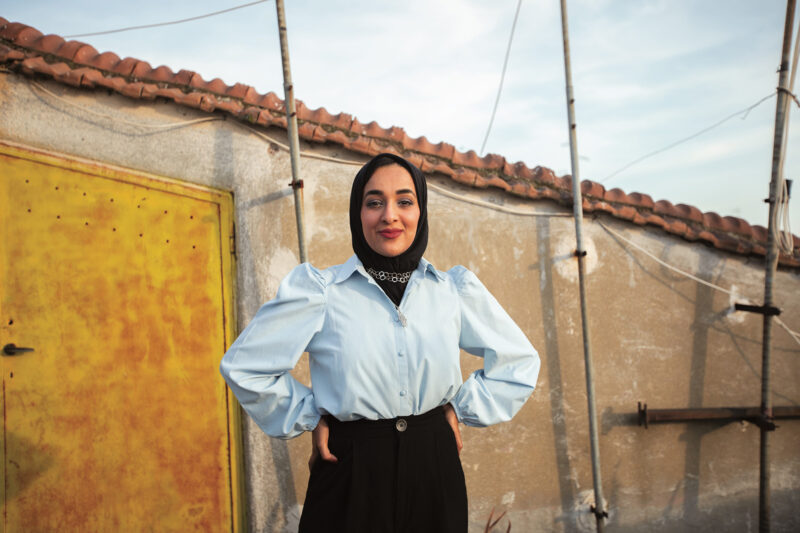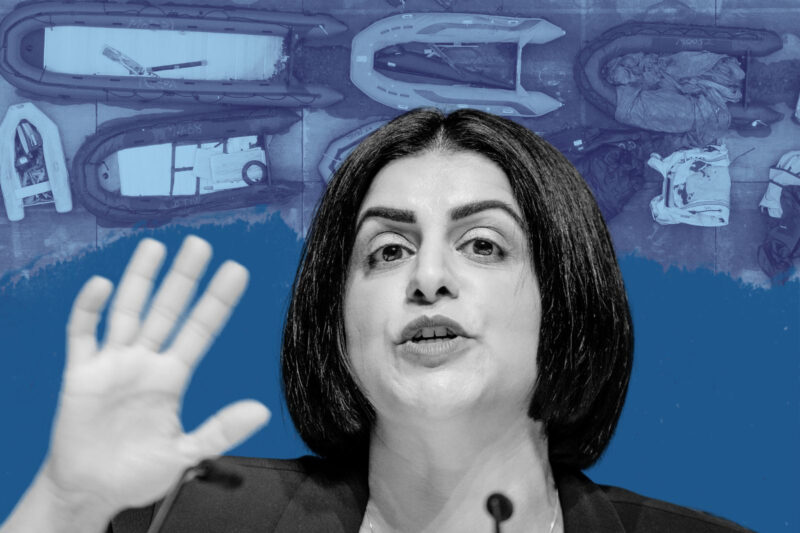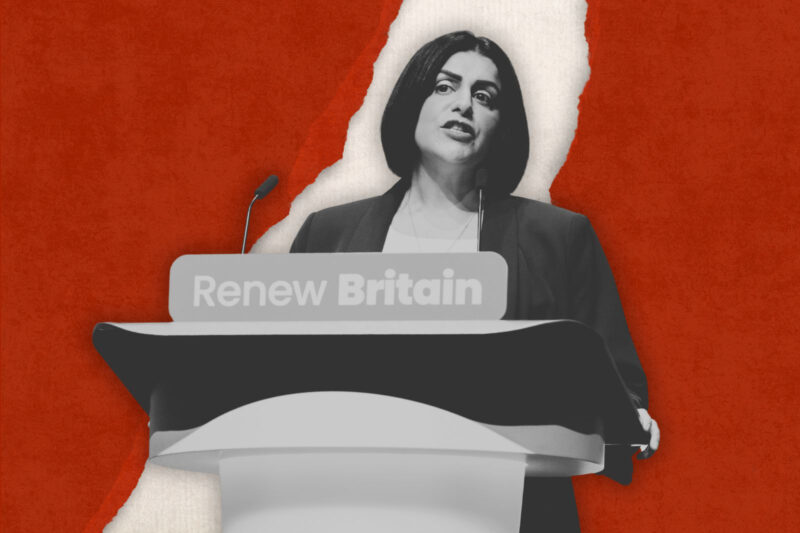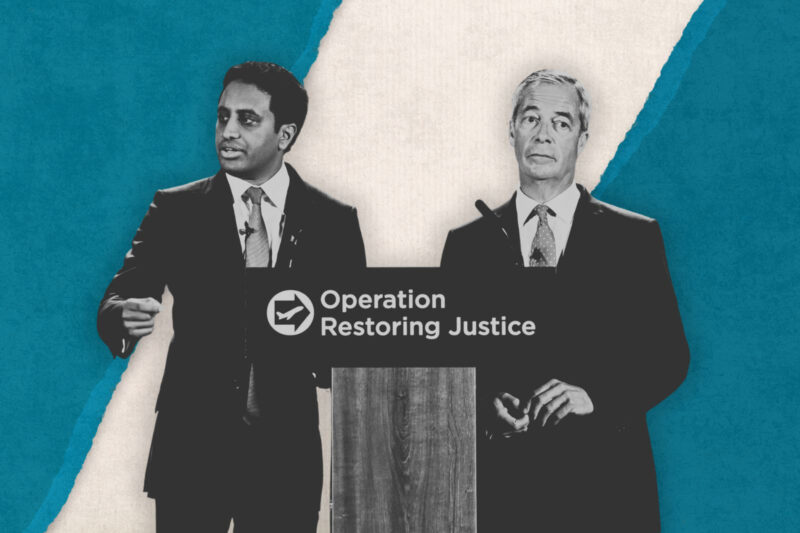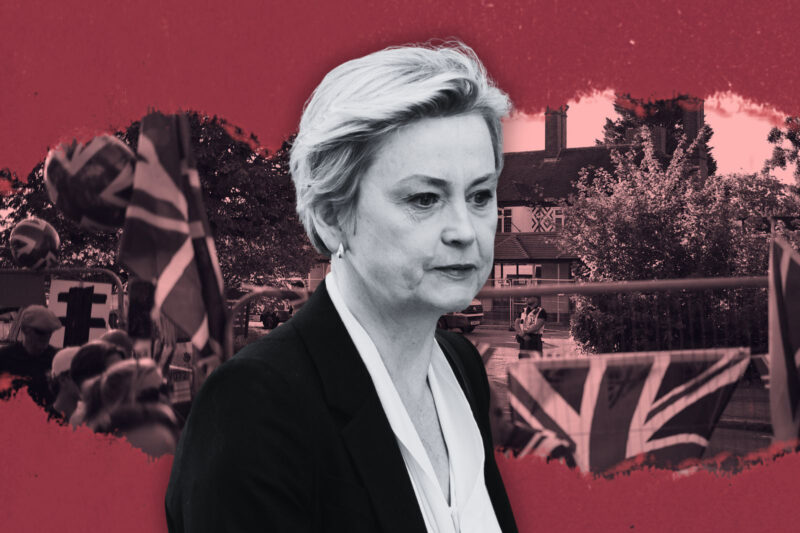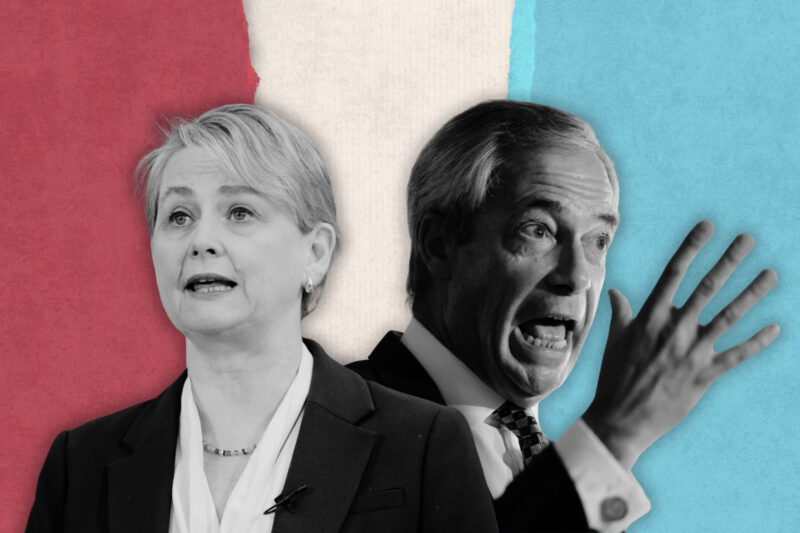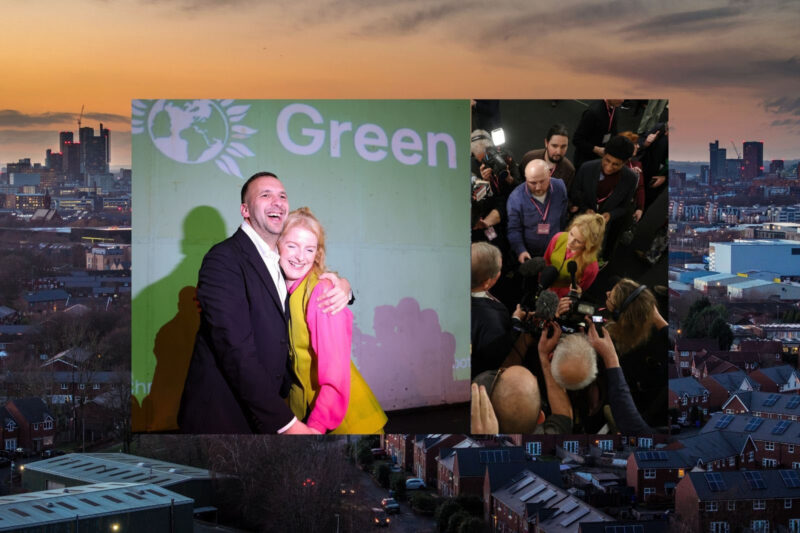Starmer looks to Italy for a migration solution — but the answer lies closer to home
Following Giorgia Meloni’s lead on dealing with migration will only result in more people dying. There is a far more humane answer
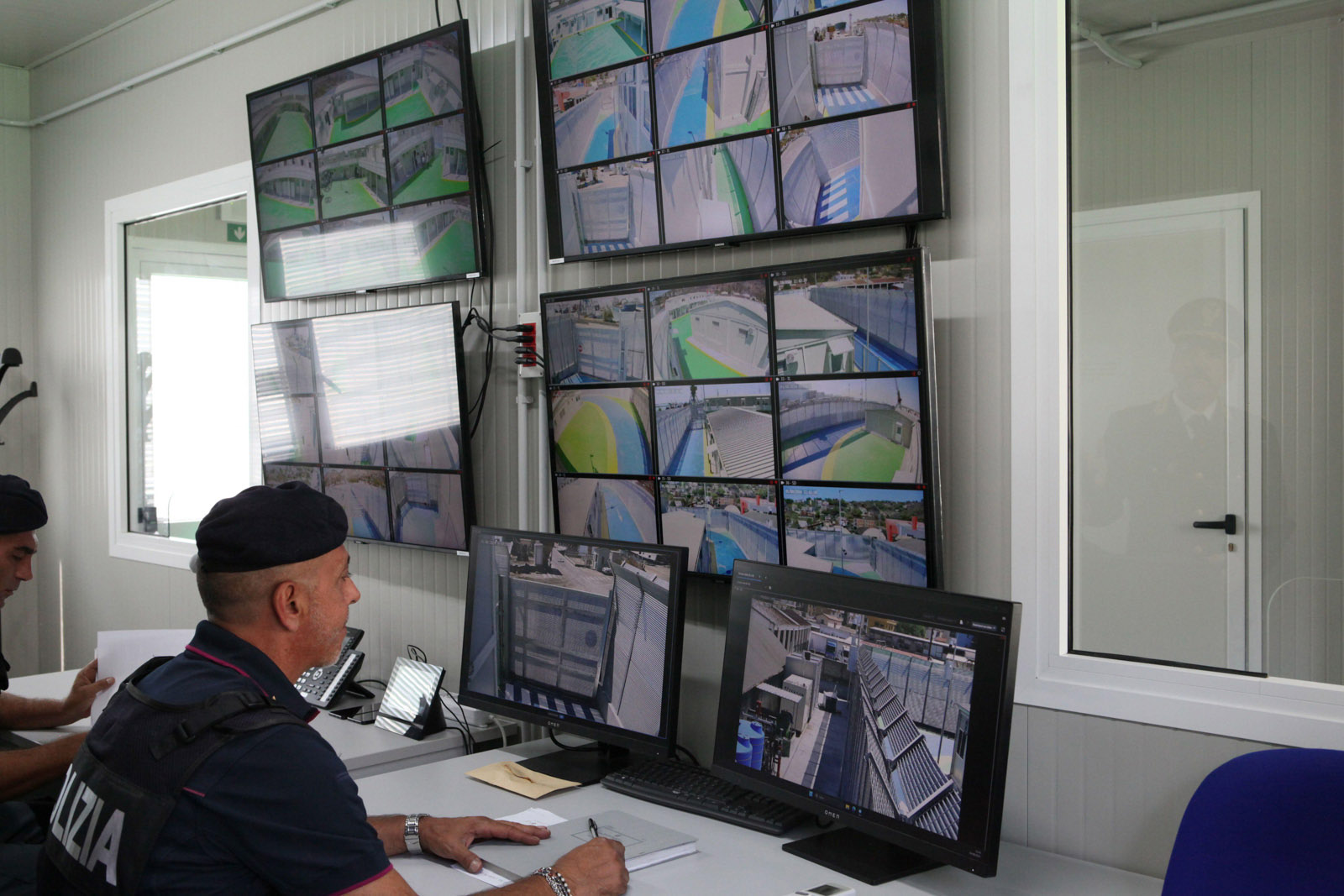
Thirteen windy days in September saw the English Channel become a bloodbath for some of the world’s most vulnerable people. Politicians and citizens alike should have been horrified by two tragedies in quick succession, which saw 20 people die, including a pregnant woman.
Instead, less than 48 hours later, prime minister Keir Starmer flew to Italy to meet its populist right-wing leader Giorgia Meloni, whose anti-migrant policies, including the processing of seaborne asylum seekers in Albania, so enamoured him that he announced an extra £75m for border security overnight. But following Italy’s lead on migration is a pathway to ruin.
Increased border militarisation and the offshoring of international and moral responsibilities, both of which Italy has embraced, are not the answers. Meloni has struck bilateral agreements with Tunisia and Libya that require both countries to police their Mediterranean coasts and stop boats leaving for Italy; both have abrogated responsibility for migrants’ lives to wilfully negligent coastguards. Add to this Meloni’s pressure on NGOs and the German government to stop trying to rescue migrants stranded or sinking in the Mediterranean, and you have a deadly combination.
So it’s beyond belief that Starmer would see any wisdom in Italy’s strategy. Even more so when it comes to his recent considerations about mimicking a deal like Italy’s agreement with Albania. Our last government’s failed Rwanda scheme is proof that offshoring our responsibilities to a third country simply will not work. Deals like this dehumanise and traumatise vulnerable people searching for a better life.
The answer for Starmer lies in centring the people whose lives are at risk. I work at a charity called the Joint Council for the Welfare of Immigrants (JCWI), whose work brings us into contact with people who are fleeing war, torture or climate breakdown. These are people who have had to deal with horrors that many of us could never imagine.
One of our clients travelled from Afghanistan through Iran, Turkey, Italy, Greece and then — on a small boat — to the UK. During his time in Italy and Turkey, he was forced to work in leather factories where he was beaten and abused, leaving him in fear for his life.
Many who seek help from JCWI are left with terrible trauma as a result of their journeys. It’s not rare for the people we work with to mention the harsh treatment they have received in countries such as Italy that focus on border enforcement, while turning a blind eye to the abuses of migrants — whether through forced labour or inhumane living conditions.
Ibrahim recently secured refugee status through the good work of our legal team, but is now faced with an immigration system that sees people like him unable to find adequate housing and given practically no support from the government.
When the journey here is so treacherous and the reception so unwelcoming, why do people come to this grey, rainy island? Why do people risk their lives and their families crossing one of the world’s busiest shipping lanes? Simply put, they have no other way to get here.
In reality, very few people choose to risk their lives to get to our shores. Above all else it is safety that people seek. The vast majority of people seeking asylum worldwide — 86% — remain in the country neighbouring the one they have fled.
But if you or I were fleeing danger and looking to build a new life elsewhere, wouldn’t we look to join existing family and community? Those who do come here most often have family, community or historical ties to our country.
If we gave refugees the choice between the life-threatening route and a safe one, the answer would be very clear. No one would choose to cross the Channel in a dinghy if they had another option.
Small boat crossings are a recent phenomenon. And they are getting way more attention than they are due: 31,000 people came to the UK in small boats in the year ending June 2024 — a mere 2.4% of total arrivals — while 1,236,000 came to work, study, reunite with their family or seek asylum by other routes during the same period.
Crossings such as these have increased from 8,417 people in 2020 to 23,533 so far in 2024 so far, simply because it has become harder and harder to come here any other way. Multiple safe routes have been closed or are no longer functioning: the Syrian resettlement scheme and Dubs scheme for unaccompanied children have been closed, family reunion routes have been narrowed and Afghan resettlement schemes have been stalled.
The lack of functioning safe routes for people fleeing Afghanistan meant that Afghans continue to be overrepresented in the statistics of people crossing the Channel. Since 2018, the nationals of five countries — Iran, Albania, Iraq, Afghanistan and Syria — have made up 71% of those crossing in small boats. All these countries are in well-documented states of turmoil.
By contrast, the British government introduced online visa applications for people fleeing the war in Ukraine and, while that scheme was by no means perfect, it enabled more than 220,000 Ukrainians to travel safely to the UK to rebuild their lives. As a result, according to the Home Office’s own statistics, just one Ukrainian has crossed the channel in a small boat since the Russian invasion, compared to thousands of Afghans.
The answer to stopping small boat crossings has been staring this government in the face — give people safe routes such as the online visa scheme offered to Ukrainians. Safe routes stop Channel crossings, not so-called deterrents such as removing people to third countries or making deals to offshore the dirty work of border enforcement to other countries.
Following in Meloni’s footsteps is not the answer. Instead, we need to radically transform the asylum system by establishing safe routes, investing in a global resettlement scheme that is open to everyone who needs it, and ensuring existing resettlement schemes are functioning.
Deaths in the Channel are avoidable. They are the direct result of the political decisions made by successive UK governments. It’s time our leaders admitted what we all know: the problem isn’t people coming here, but the system that says it’s OK for them to die trying.
 Newsletter
Newsletter


